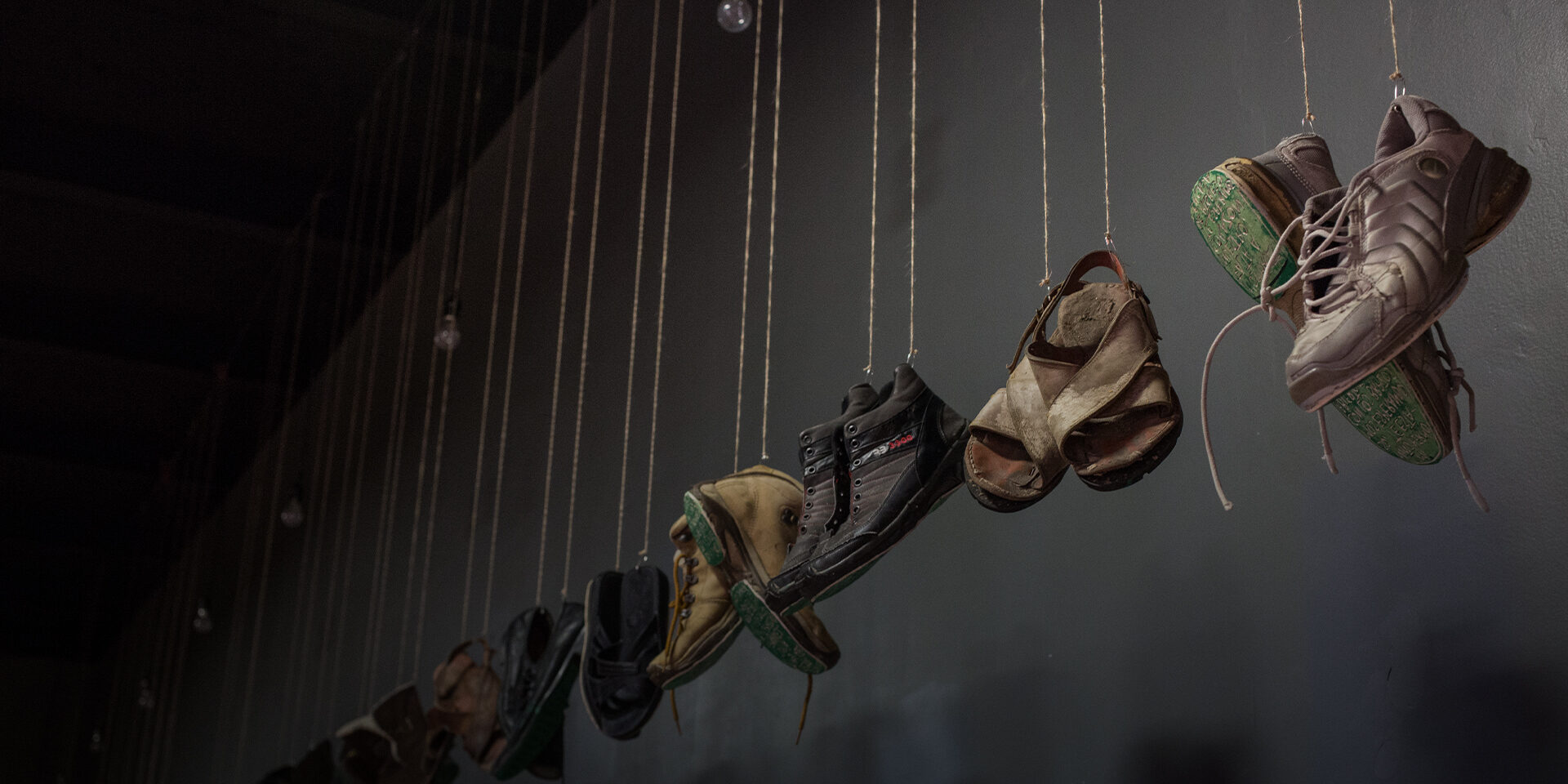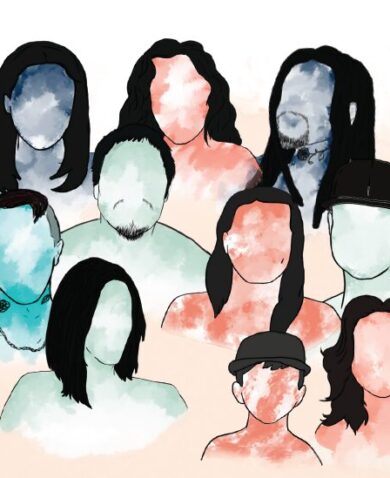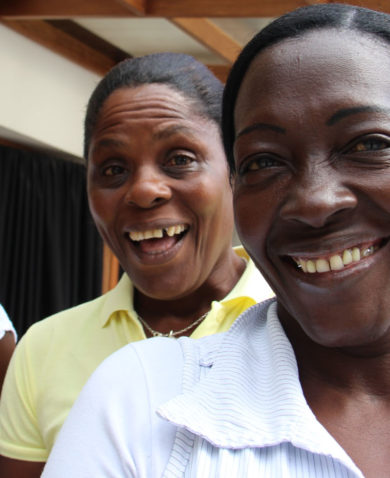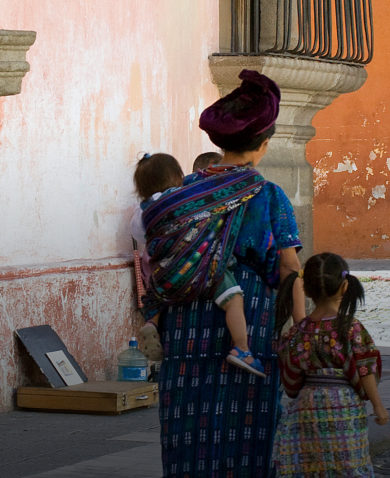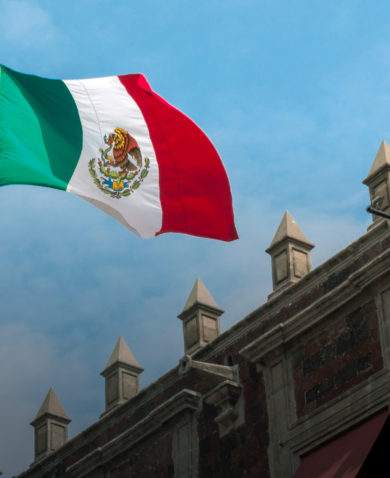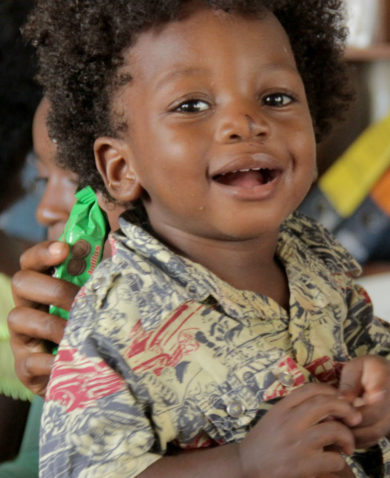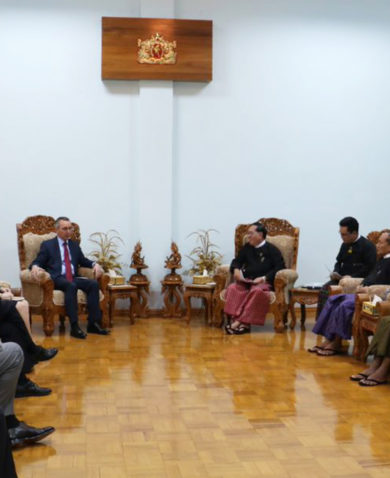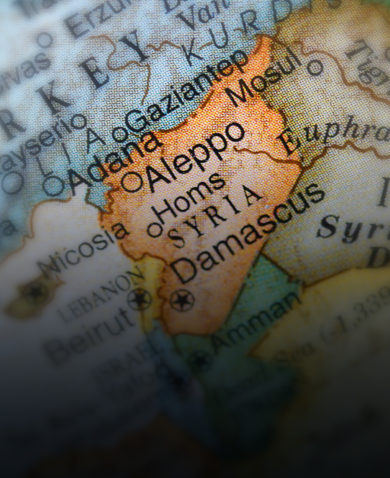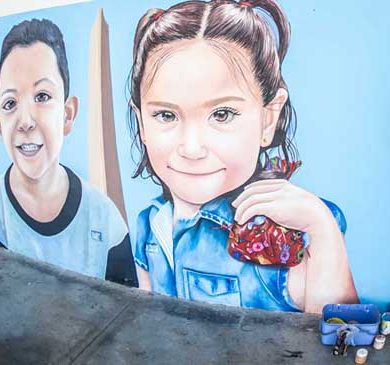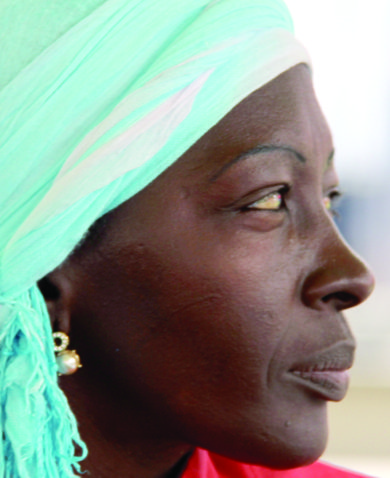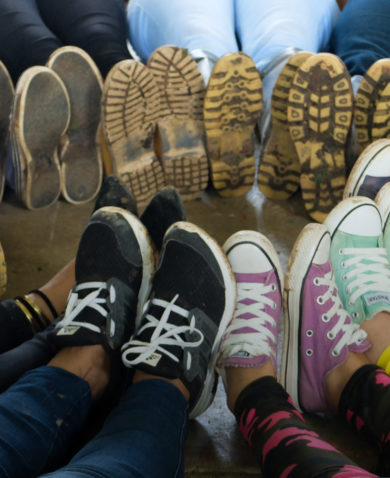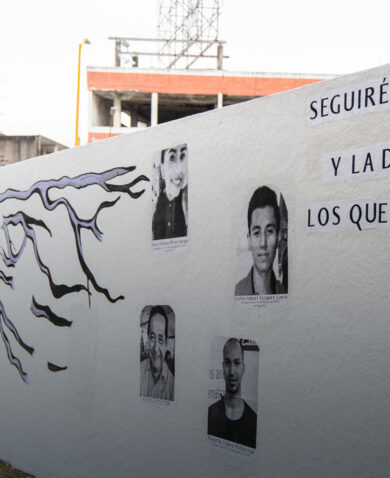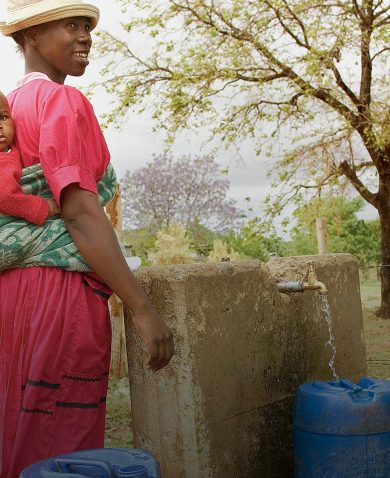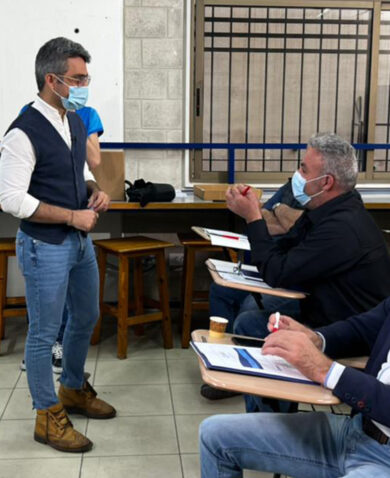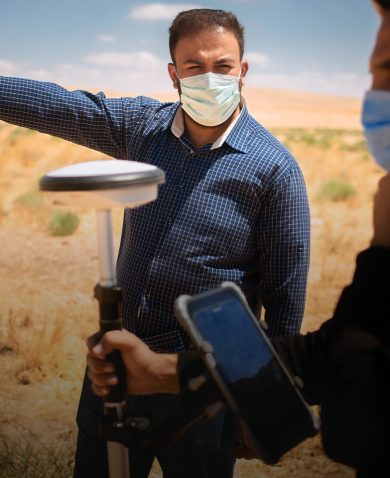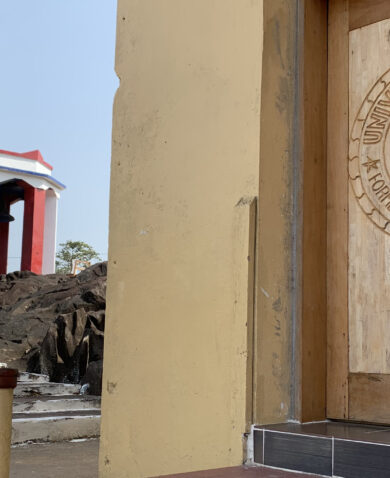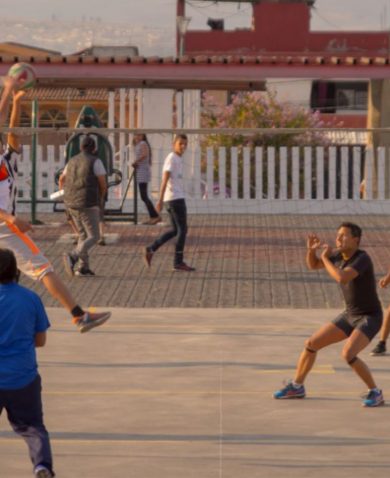Human Rights Accountability Activity
For more than a decade, Mexico has experienced violence and insecurity fueled by transnational criminal organizations. The toll on civilians has been high, with more than 200,000 deaths since 2006, including targeted killings of more than 100 journalists and human rights defenders, and more than 9,000 documented cases of torture.
To reduce impunity and help prevent future violence, the Human Rights Accountability Activity (RED-DH) builds the capacity of Mexico’s human rights institutions to effectively and accountably respond to and prevent human rights violations — in particular, forced disappearances and torture — at the federal and state levels. RED-DH strengthens national mechanisms and enhances intergovernmental coordination, supporting state-level implementation of laws and safeguards to prevent and respond to human rights abuses. The activity also provides targeted technical assistance to address the backlog of forensic cases in five priority states. With stronger accountability in Mexico’s human rights system, citizens will regain trust in the government, and victims of violence and their families will find closure.

